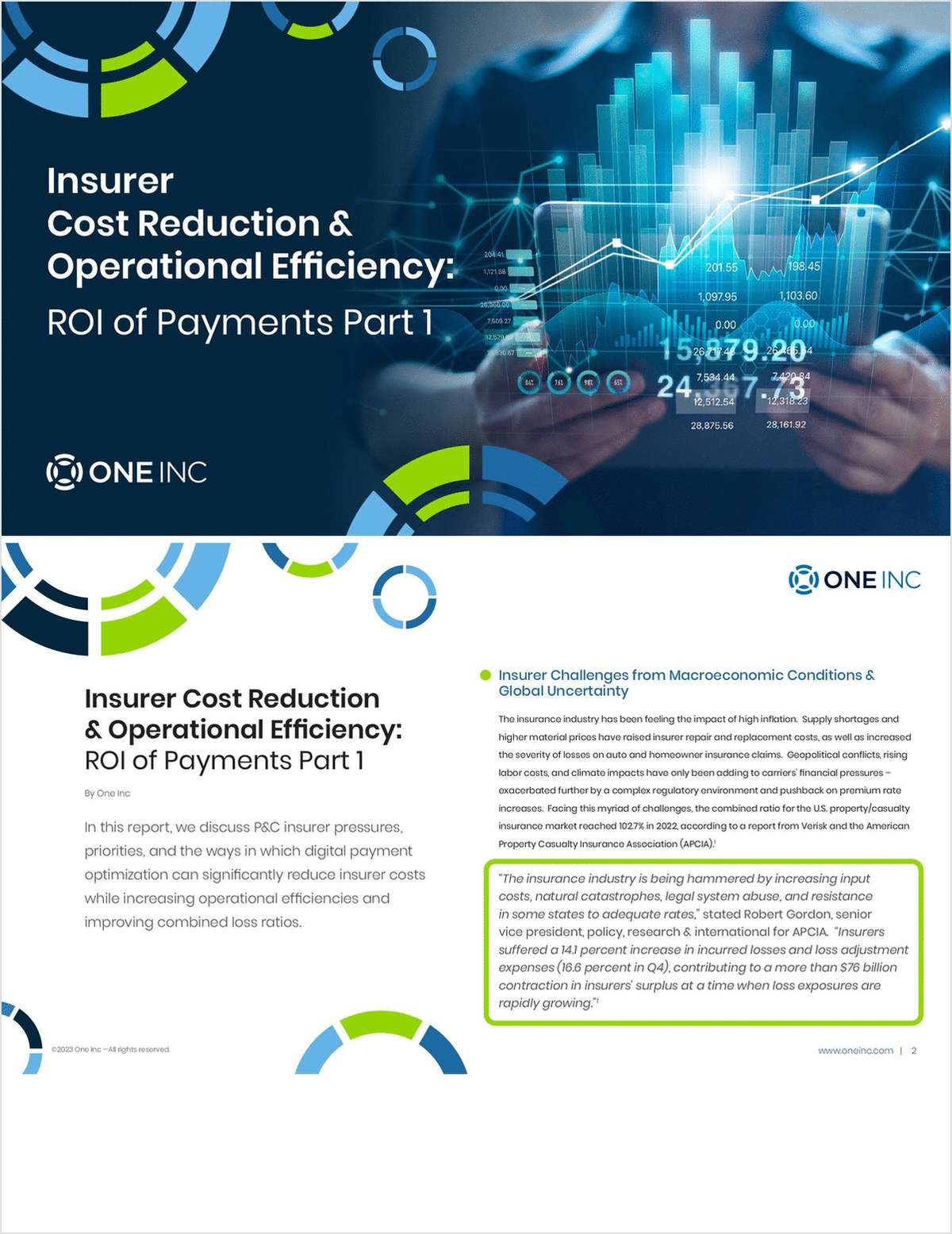Grange Insurance Group is in the midst of a major systems migration project, moving its policy, claims, and billing systems from two mainframes to a client/server architecture. At the same time, the regional property/casualty carrier is refining its set of rate tiers, implementing download and upload projects, and completing a business intelligence initiative.
Ralph Carlile, vice president and CIO, says the simultaneous Big Five projects are part of a companywide plan to position Grange to grow its business and become more competitive. “When I came here, I had a mandate to transform the technology base of the company, and we've been on a mission to do that,” he explains.
Headquartered in Seattle, Grange provides auto, home, and fire coverage to farm and ranch families in six western states. The company, in business since 1894, employs 222 people and posted $130 million in direct written premiums in 2005. About 30 people work for Carlile in the IT department.
Carlile joined Grange in 2001 after working as director of technology and development at a small start-up firm and as senior systems director at Allstate. Before entering the insurance industry, he spent 16 years working on software development and systems integration projects for several defense companies, including Honeywell, McDonnell Douglas, and Northrop. Carlile earned a bachelor's degree in physics from Virginia Commonwealth, attended graduate school for physics at Wake Forest, and earned a post-graduate certificate in microcomputer engineering from the University of California at Irvine.
The policy, claims, and billing systems migration project at Grange began when Carlile first arrived. Two years into development, however, the project was put on hold after Carlile realized the application it was using was not as mature as he originally thought. The project was resurrected about a year ago with help from Insuresoft, a spin-off of Applied Systems.
Grange is rolling out the new system for personal auto in phases. Migration of policies in Idaho already is complete. Policies in Wyoming and Colorado will be migrated by the end of summer, followed by Washington, Oregon, and California.
In addition to improving efficiency and reducing costs, moving to a Microsoft-based client/server environment helps Grange attract experienced Microsoft developers and technicians. “We're located in Microsoft's backyard, and this will make it easier for us to hire employees with those skill sets,” Carlile notes.
A client/server-based environment also gives Grange a better capability to move forward with its IT projects.
“We are looking at rapid development and implementation of additional Web services, and a client/server environment provides a cleaner and easier path in that area,” Carlile says. “As we become more involved with object-oriented development programming, we'll be able to push the envelope more.”
That push includes finalizing the other projects such as the upload initiative, in which agents can upload applications directly into Grange's system, and the download project, which will allow agents to enter data transactions into their own agency management systems. Both projects are in various rollout stages.
“If we can't adapt easily to the changing needs of our agents through Web services and connectivity into our company, then we're not going to be competitive in the future,” Carlile remarks. “We want to be in a position where we at least can have parity with the larger insurance companies.”
Grange also is creating a multitier rating system for its auto and home policies and completing the implementation of an end-to-end business intelligence and data warehousing solution that allows employees to access data and analyze business trends.
Before Grange could move forward with any of these projects, however, Carlile says the carrier had to undergo significant change management and reengineer its business processes.
“We have been making fairly rapid progress in transforming the technology here,” Carlile acknowledges. “But that change in culture takes a lot of time and effort. Our challenge has been in keeping the business expectations and the applications expectations in alignment.”
Once the Big Five projects are complete, Carlile and his team will move on to other initiatives, including revisiting the benefits of speech recognition technology–Grange was a beta tester for Microsoft's Speech Server software–and working with Microsoft on its Insurance Value Chain initiative to provide straight-through processing for insurance on the Microsoft platform.
Want to continue reading?
Become a Free PropertyCasualty360 Digital Reader
Your access to unlimited PropertyCasualty360 content isn’t changing.
Once you are an ALM digital member, you’ll receive:
- Breaking insurance news and analysis, on-site and via our newsletters and custom alerts
- Weekly Insurance Speak podcast featuring exclusive interviews with industry leaders
- Educational webcasts, white papers, and ebooks from industry thought leaders
- Critical converage of the employee benefits and financial advisory markets on our other ALM sites, BenefitsPRO and ThinkAdvisor
Already have an account? Sign In Now
© 2024 ALM Global, LLC, All Rights Reserved. Request academic re-use from www.copyright.com. All other uses, submit a request to [email protected]. For more information visit Asset & Logo Licensing.








